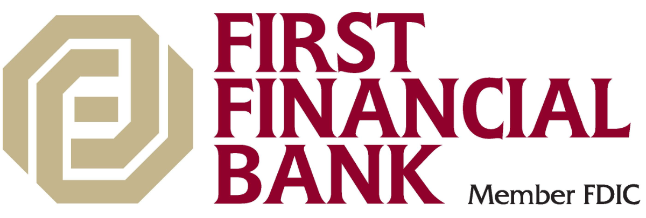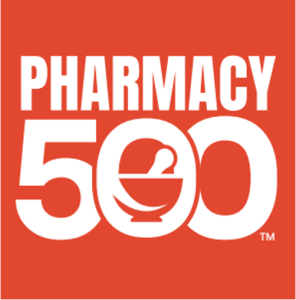Is owning an independent pharmacy profitable – and is it the best strategic move for you?
This is a tough question to answer, especially as the pharmacy market in the U.S. continues to evolve. There are lots of moving pieces to consider when evaluating the financial pros and cons of making the leap from pharmacist to pharmacy owner.
One of the most important factors that’s going to affect your ultimate decision is salary. Will your income as an owner be higher than as a pharmacist, and if so, by how much? But what about the other costs: stress level, financial risk and work/life balance? Would the transition be an upgrade or a downgrade for you? Much to consider.
As you evaluate making a career transition from pharmacist to owner, there are pros and cons to each.
Pharmacist as an Employee
As an employee, it can be a pretty sweet gig – if it is just about a paycheck. Pharmacists were the 36th most highly paid occupation in 2018 – edging out astronomers and physicists – with total base compensation reaching $38.3 billion across the U.S., an increase of $633 million over the previous year.
According to data produced by the U.S. Bureau of Labor Statistics, as a pharmacist you may earn an hourly wage of approximately $60.10, for an annual salary of $125,510. Other data sources, such as recruiting sites provide averages based on recent postings and geography. These are estimates and can vary widely based on education and responsibility levels, certifications, type of employer and what the local market will bear. Market trends suggest that earning capabilities will keep rising.
What else to expect as an employee vs owner? Someone else is responsible for providing your benefits, support staff and inventory. And at the end of your shift, you can typically go home and forget about it until the next time you are scheduled to work.
But is that all you want?
The downside can be the lack of control over your destiny – and that of your customers. The overall operations not working optimally? You won’t typically get a vote on what needs to change to drive success. Feel that the customers could use a more personalized approach? If you are the Pharmacy Manager, you may get to make some suggestions, but if you work for one of the large retail chains, the processes and procedures are likely outside your sphere of control.
Being the owner of an independent pharmacy takes you beyond working strictly for a paycheck.
Pharmacist as Owner
It adds both the opportunity and risk in making a commitment to establishing and running a business in your community. It allows you to make the decisions about the service approach – and to better connect with your customers. Before diving into what you can expect as a community pharmacist owner, you should take a moment to understand the factors that influence your success.
A typical independent pharmacy’s revenue is primarily generated from prescription drugs, followed by over-the-counter products, vitamins, cosmetics, groceries, and other goods. Since what you’re able to pay yourself will ultimately come from the profits you earn and the choices you make, you’ll want to assess the opportunities that new offerings and services can make to the bottom line.
Let’s take a look at a few more metrics. In 2018, the average annual prescription volume per pharmacy dropped by -0.5%%, to 58,823 prescriptions. Estimates show that on a per-pharmacy basis, the owner’s discretionary profit also shrank from $200,000 in 2015 to $129,000 in 2018. During this time, non-owner payroll expenses stayed relatively constant, which means the decrease in owner revenue was directly related to the lower volume of prescriptions per pharmacy.
This industry trend suggests that the salary gap between a pharmacy owner and a pharmacy employee has almost vanished in independent pharmacies that rely heavily on prescription volume to generate revenue, which is to say, most of them. Given that pharmacy owners assume more risks by taking on ownership responsibilities, and the stresses of starting a new business are well-documented, you should also consider potential tradeoffs outside of salary that might affect your decision.
The bottom line is, be sure to understand your customers, what products and services they’ll require, and whether or not you’ll be able to turn a profit before making the significant financial investment into owning your own business. Working with your advising team to evaluate a specific pharmacy opportunity and your business plan is key to making an informed decision.
Making an Investment Decision
If you’re looking to advance your career in the independent pharmacy industry, then becoming a pharmacy owner can be an exciting next step. With great risk comes great reward, and you’ll want to make sure you understand the likelihoods of each when exploring your options.
Before making any significant financial decisions, speak with a financial consultant to determine if you’re able to take on the risk associated with opening a new business. You may also want to reach out to other pharmacy industry specialists to stay on top of trends that will affect your bottom line. At the end of the day, you want to act on an informed financial decision that’s best for you, so make sure you do so with the most accurate information possible.







